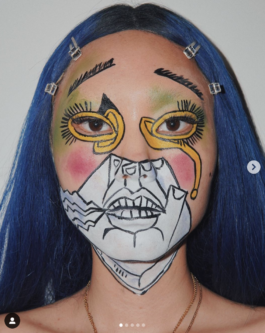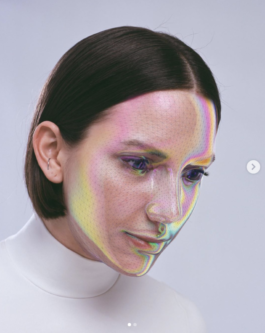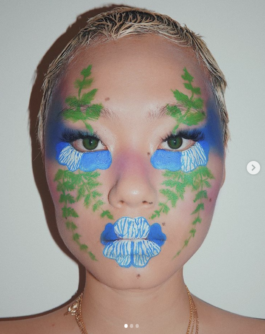ARTIFICIALITY
19 May 2020
After a second wave of face filters the artificiality will no longer feel artificial.
We have become painfully conscious about our own faces. We watch them reflected in the Zoom grid all day long. And the way we look at each other has changed. Others in IRL are technically bioweapons. Pierce Myers said that in a short digital presentation "Artificial Anthropos (Face as Infrastructure)" during the Strelka symposium "The Revenge of the Real".
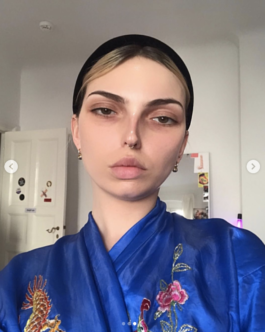
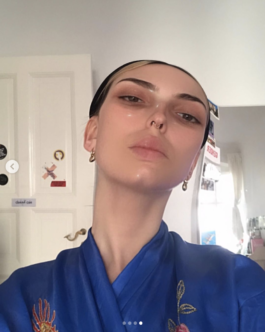
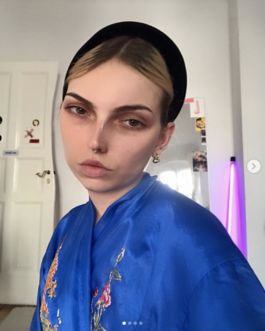
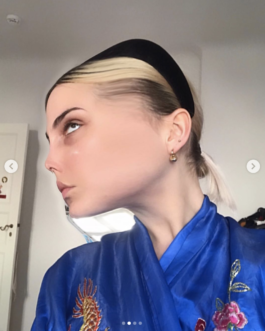
While we see less and less full faces in public the usage of filters seems to evolve even faster than before. After a first wave beginning in 2019 we are witnessing sort of a second wave. Instagram Filters Are Changing the Way We Think About Makeup: This filter and others like it have become a way we choose to present ourselves in a time of crisis.
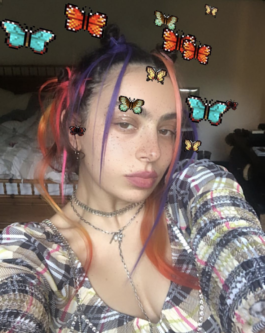
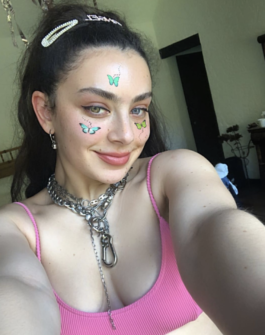
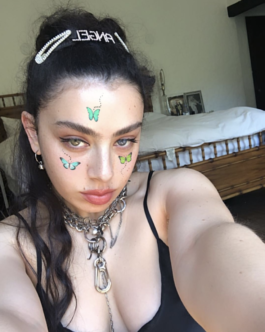
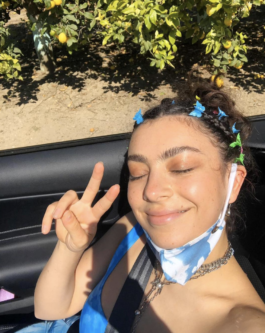
Discussion around blocking facial recognition technology through make-up (CV-Dazzle / Juggalo) seem to belong to a time pre COVID-19. Facial recognition technology can not bypass officially ordered analog masks and we are sitting back at home anyhow – in a big brother like situation with an army of trackers and one single prominent CCTV camera right in front of us, attached to our computer. Masking your face right in front of Zoom is not very promising.



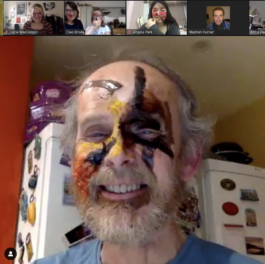
I am convinced that we are in the midst of a deeper shift concerning the usage of analog and digital means of self expression taking place right in front of our mirrors and cameras. All these endless face filters on Insta and Snapchat seem like a huge training camp to test, evaluate and shape trends that enter, circle and leave the hype cycle at light speed and easily spread all over, perish and die and resurrect. Future historians will have a great time identifying trends in several stages of iteration that lasted for a couple of weeks in 2020 (butterflies anyone).
Instead of a nostalgia for entire decades we can see fast-paced nostalgias for certain TikTok meme that capture a feeling that probably only lasted a couple of weeks in a certain year in a certain group.
Maybe face filters and augmented reality are not making us all cyborgs as Dazed suggests. Maybe it was just the most popular first face filter wave trend, soon to be replaced by other approaches.
Artificiality is perfectly suited to introduce the strange and the new, probably followed by a more colorful "natural" approach to contradict? Either way in this vast simultaneity there is enough space on all these cloud server to host a myriad of approaches. The artificiality will no longer feel artificial. We will rather look back at fully botoxed IRL faces in shock and awe. Why diminish the real, when you can augment digital.


